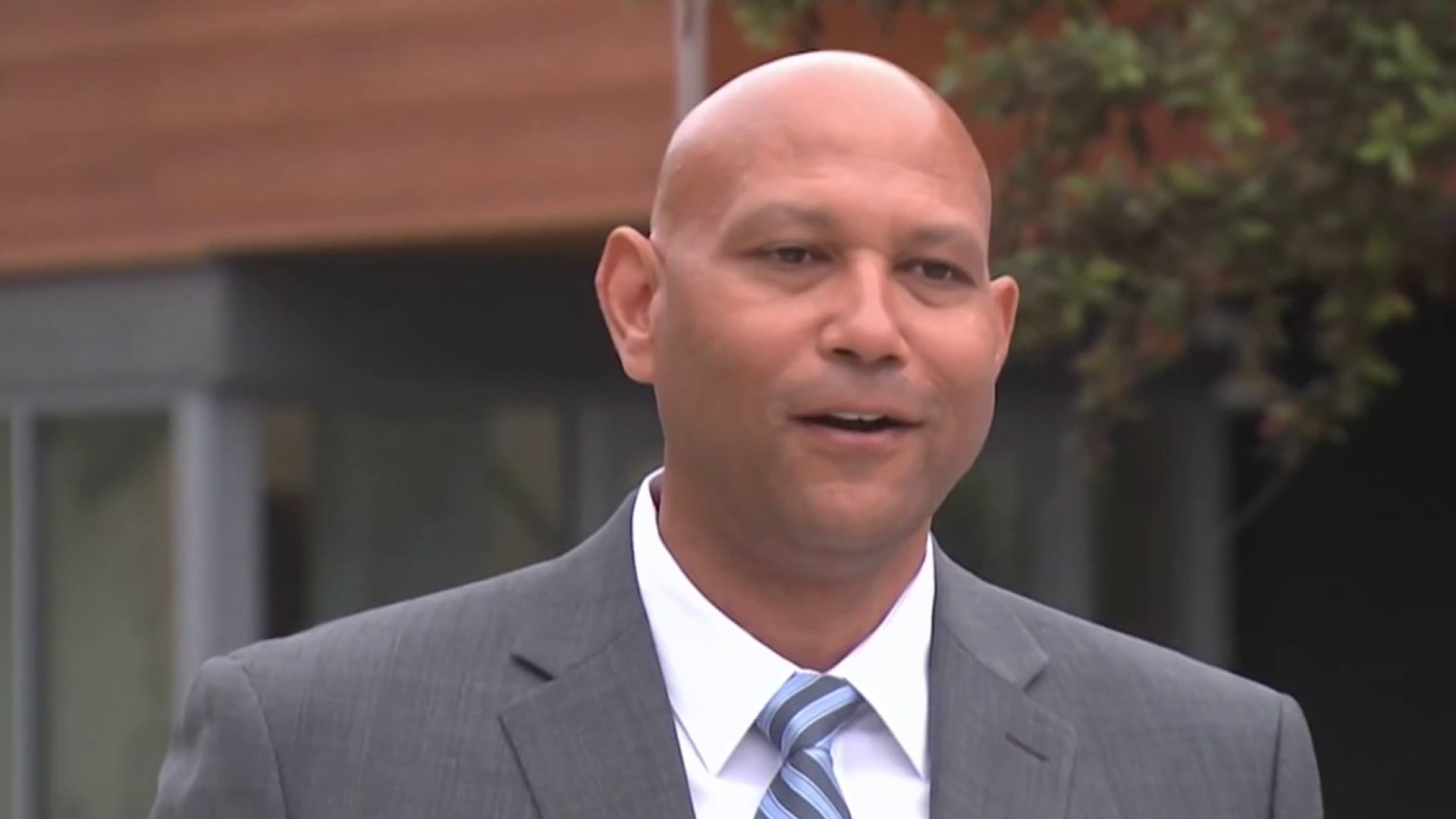As COVID-19 cases slowly rise in San Diego County – including an increase in Delta variant cases – new research is looking into why San Diegans still are not getting vaccinated.
“We are seeing about double the number of cases that were being reported about a month ago,” said Dr. Wilma Wooten, County public health officer.
The local COVID-19 case rate has increased from 1.9 cases per 100,000 residents on June 15, to 3.7 currently. The daily count has been at or above 200 for the last seven days, according to a county news release.
The county has also released the results of a survey taken between June 13 and June 24.
Get top local stories in San Diego delivered to you every morning. Sign up for NBC San Diego's News Headlines newsletter.
Residents who say they were unlikely to get vaccinated were most concerned about potential side effects. Another concern was that vaccine development was rushed, according to the survey.
The county identified three focus areas based on the survey, including the 140,000 people who are overdue for their second shots.
Local
The county will also focus on residents who are hesitant to get the vaccine because they feel they don’t have enough trusted information and those who are vaccine-resistant.
Meanwhile, researchers with San Diego State’s Anthropology Department are part of a national study focusing on minority and underserved communities, and why residents would (and would not) get vaccinated.
The researchers are part of Communivax, funded by the Chan Zuckerberg Initiative. A report can be found here.
Researchers interviewed Latinos in the South Bay – National City, Chula Vista, Sweetwater, Bonita, Imperial Beach, Otay Mesa, and San Ysidro.
“The biggest takeaway is we tend to call them vaccine-hesitant. What they have are access barriers. And these are persisting,” said Corrine McDaniels-Davidson, PhD., Director of the SDSU Institute for Public Health
McDaniels-Davidson said the research found local Latinos are worried vaccine side effects could potentially prevent them from caring for their children or elderly loved ones. She shared the story of one man who cares for his elderly mother.
“Just the idea of not feeling well for a day or two stops him from being able to get the vaccine because he needs to take her to the bathroom, he needs to feed her. He needs to do all of these caretaking responsibilities and there’s just no one else to do it,” McDaniels-Davidson said.
She said there are also access concerns, and many are afraid to ask for time off, fearful they won’t get paid.
The hope is that information learned from CommuniVax and the county survey can help health agencies and providers better understand community needs.
The Chicano Federation is one of those agencies already reaching out to the local Latino communities.
“My main goal is to let them know that I’m here to help them. To make an appointment, to find a place and to let them know that it’s safe,” said Elizabeth Castro.
Castro is known as a "Promotora", essentially a trusted voice in the community already working hard to educate and address concerns people may have.
“We offer rides, they offer taking care of your baby, or young children. They can help you take care of the elder person that you’re taking care of. It’s many ways, the only key is to ask us,” Castro said.
There have now been 107 cases of the COVID-19 Delta variant reported in the region, according to the county.



